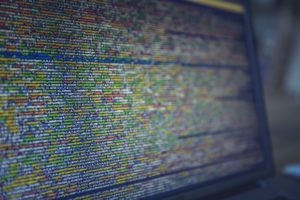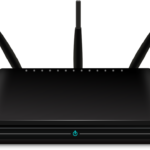What can a VPN do?
Firstly, it is important to differentiate between privacy and anonymity. Privacy is defined as being free from being observed or disturbed by others. Meaning, you want to keep to yourselves. This applies to your data as well. Your internet banking login credentials, your credit/debit card information, your email passwords, and so on – these are things you don’t want others to see.
Anonymity, on the other hand, involves a condition of being anonymous – your identity is withheld from the world, but not your actions. You want people to see your data – what you post online, for instance.
How a VPN can help
A Virtual Private Network, or VPN, is something that comes you between you and the internet. When you access the internet, you ‘dial out’ through your Internet Service Provider. It is your Internet Service Provider that assigns you an IP address – this is your digital identity in the online world.
When you type in a URL, like www.australianvpn.com, into the address bar of your browser, your browser sends a request for access to the content on the website to its web server. The web server then looks at the IP address where the request originated from, and if it finds nothing amiss (sometimes, content is made available to only those from a particular geographical region – if you have ever tried to watch Game of Thrones from HBO USA’s site, you would know what it means to be geo-blocked), the request is granted.
Files known as ‘cookies’ are generated every time you access a web page. This is how ad servers, which often work together with web servers, target ads at you. An advertisement for a new pair of headphones might be shown when you visit a webpage, and interestingly, this might be exactly the same product from the same shopping site you were looking at moments ago.
Unfortunately, this is also how hackers find out you have data that could be of financial benefit to them. They target those who visit banking websites and e-commerce platforms. A VPN obscures your real IP, by replacing a web page/content access request with its own IP address before forwarding it to the web server.
So hackers can only target the VPN server and not your computer. The data between your computer and the VPN server is also encrypted – so all malware programs see are encrypted characters, or ‘junk’. This is how you can ensure that your data stays private.
Can a VPN help with anonymity? If you want to stay anonymous, you would need to post anonymously. A VPN has no role to play in what you post online, but it can prevent others from tracing the post back to you. Your IP address also indicates where you are located in the real world, and VPN server removes all traces of it from your online activity.








